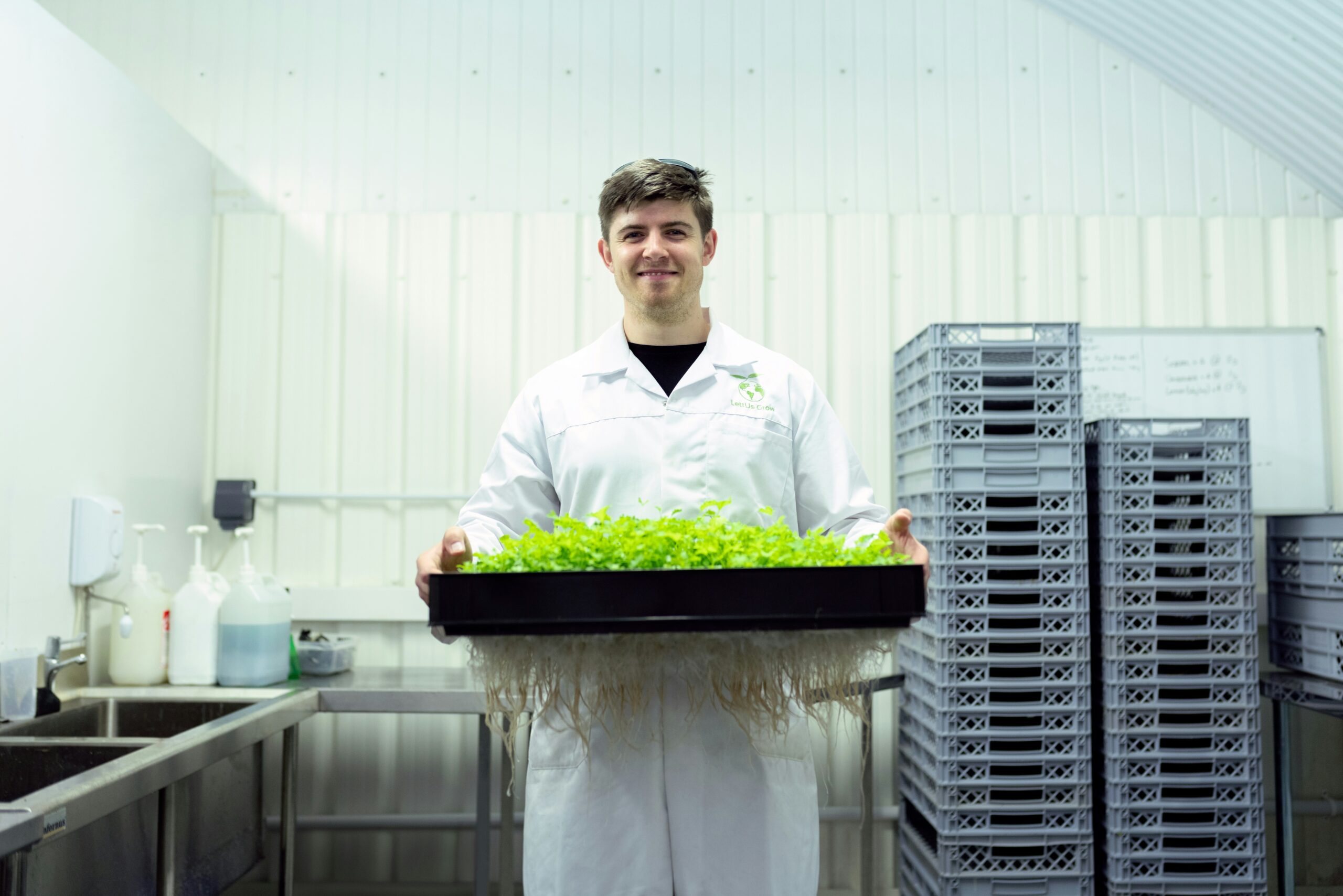The agriculture industry is expanding into new electric territories. To become more efficient and environmentally friendly, agricultural equipment manufacturers are taking an interest in electrified product lines. By driving agricultural electrification, they address climate change concerns and create opportunities for innovation and growth within the industry.

Considerations for Electric Agricultural Equipment
Electrifying agricultural equipment has many advantages. It improves productivity and sustainability and is a long-term investment in farming and the environment. Electrification reduces fossil fuel use, lowers the carbon footprint, and supports global efforts against climate change. Furthermore, it fosters adaptability in the face of uncertain environmental conditions, enabling the agricultural industry to thrive and flourish in a rapidly changing world.
While several benefits exist for electric agricultural equipment, there are multiple challenges involved. Agricultural machinery involves heavy-duty vehicles and long service times. Electric options need to have batteries and storage capacities that align with traditional agricultural operations. Electric tractors, for example, need to be able to run all day without needing to stop work to recharge.
As electric farming equipment continues to gain interest, manufacturers will need to keep daily use cases in mind. Many opportunities for electric innovations exist, but adoption will only rise if farmers find it practical and useful. Balancing innovation with functionality will be a vital consideration.
Manufacturing Strategies for Electrified Agriculture Components
By embracing electrification concepts, agricultural equipment manufacturers can gain a competitive edge that leads to increased productivity, reduced environmental impact, and higher profitability. This revolutionizing technology has widespread effects throughout the agricultural industry, touching every aspect of the supply chain, from seed to harvest, from farm to table.
For manufacturers looking to advance agricultural electrification, there are several viable options for developing and producing these solutions.
Innovating New Electric Agricultural Products
One way to partake in agricultural electrification is by creating innovative, eco-friendly solutions as completely new agricultural products. Start-ups are entering the agricultural equipment market with progressive innovations. By developing completely new products, these start-ups are entering the market, focusing on the edge their equipment can provide to the industry.
These businesses are changing the industry by introducing never-before-seen technologies and competitive products. They are redefining the possibilities of farming and offering a more sustainable approach to agriculture.

Adapting with Sustainable Options in Mind
The second route involves traditional market players taking a new approach to current tactics. To improve the overall progression of electrified agriculture, traditional manufacturers find new ways to apply current technology.
Some legacy manufacturers are joining the agricultural industry's electric journey in unique ways. Rather than developing new product lines or investing in new business divisions, they’re looking to electrify some of the tools, machinery, and procedures used to manufacture their equipment. This contributes to a manufacturing process that is more sustainable and profitable.

Other legacy manufacturers are proceeding with electric equipment advancement through the adaptation of current product lines. In addition to their current product portfolio, they are retrofitting equipment or adapting smaller components to configure electrified features to existing product options.
Contract Manufacturers for Agricultural Electrification
Amid this electrifying transformation, the crucial role of contract manufacturers has emerged as a linchpin in the process. These specialized partners bring their expertise in electromechanical assembly, manufacturing strategy, and supply chain management, enabling agricultural innovators to bring their concepts to life with speed, agility, and precision.
New manufacturers of electric agricultural products benefit from a reliable manufacturing partner that can help them with their initial production strategies. Legacy manufacturers can enlist the help of contract manufacturers to handle the complexities of scaling new product lines while they concentrate on their traditional core competencies. This is particularly useful when they need to adapt their product lines or venture into electrified options. Contract manufacturers provide a way for any manufacturer to combat uncertainty with agility, flexibility, and trust.
Concluding Thoughts on Electrified Agricultural Manufacturing
The agricultural industry is undergoing a transformation shaped by the electrification of processes and machinery. Manufacturers are embracing electrification for a greener, more efficient, and stronger future.
Contract manufacturers are a key partner during this shift, as they can address problems and develop strategies that lead to reliable scalability. They are instrumental in dealing with challenges and offer valuable support in managing complex situations. The benefits of this transformation are clear: a greener and more prosperous future for agriculture and the planet.




